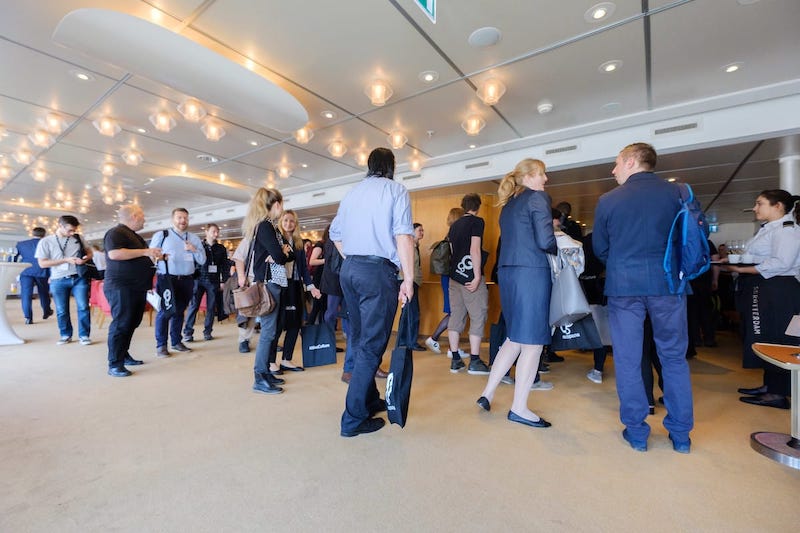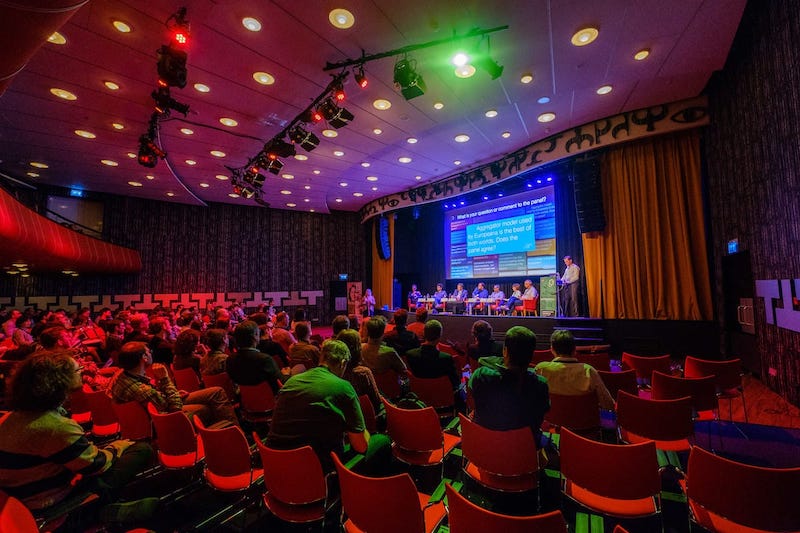SREs are on the frontlines of uptime, performance, cost efficiency, and incident response. So, at times, policies for security and compliance often live in stale docs enforced inconsistently, if at all, until something breaks or someone has an audit. Policy as Code (PaC) replaces that mess with real-time automation right where the work happens.
We will discuss how PaC bridges the gap between security and operations by making policies transparent, codified, versioned, and customizable so you can enforce external standards (CIS, SOC 2, HIPAA) and your own internal rules (like requiring HA in prod but not in dev). You'll see how to apply policy intent consistently from the pipeline directly to runtime, giving teams proactive control, not reactive fire drills or unnecessary "vibe killers".
We'll walk through a full-lifecycle live demo to see the possibilities of PaC to: - Prevent misconfigurations with real-time checks - Enforce policies consistently across repos, infra, and runtime - Customize and codify controls that reflect unique needs - Control cloud costs through autoscaling, right-sizing, and cleanup - Unify security, dev, and ops with shared policies
What will we accomplish? Well, no more stale docs or arguments around policies, faster deploy, tighter cost controls, and safer infrastructure without slowing anyone down.
Alayshia Knighten is a seasoned engineering leader and customer success strategist with a strong background in DevOps, cloud architecture, and technical enablement. Currently serving as the Founding Principal Customer Success Engineer at Mondoo, she brings over a decade of experience helping organizations build and scale secure, efficient, and reliable infrastructure.
Previously, Alayshia held key roles at Pulumi as a Senior Customer Architect and at Honeycomb.io, where she led implementation engineering and partnerships architecture. Her expertise spans across engineering consulting at Chef Software and hands-on DevOps engineering at Verisign. Passionate about empowering teams and driving technical excellence, Alayshia is known for bridging the gap between engineering and customer success.


